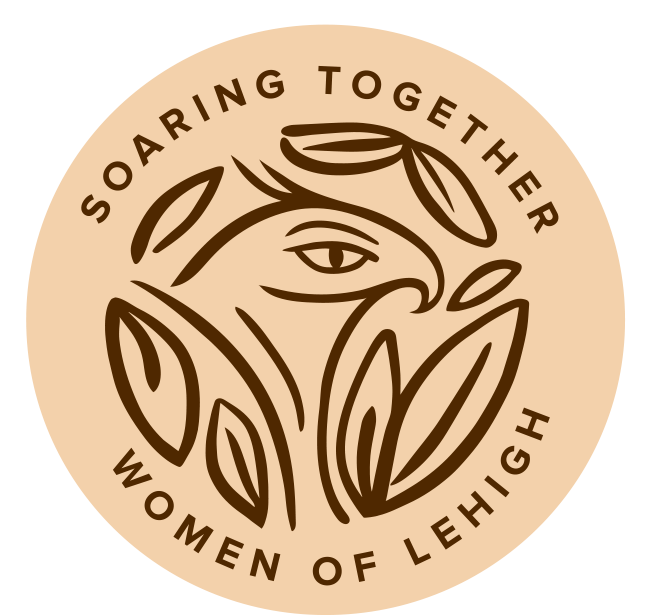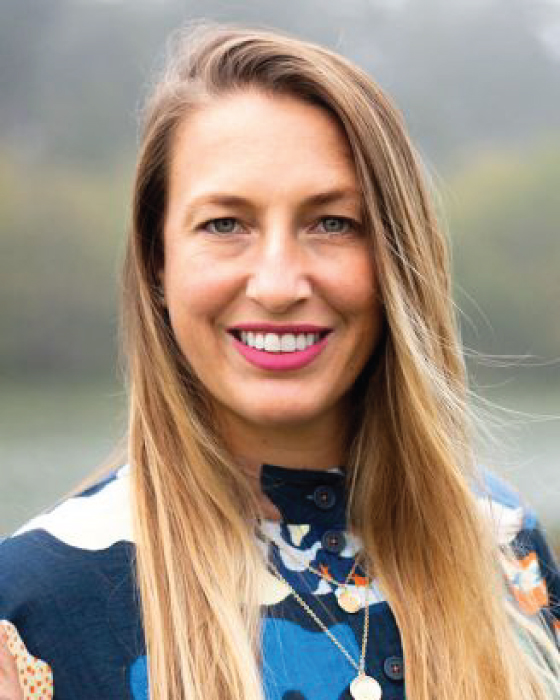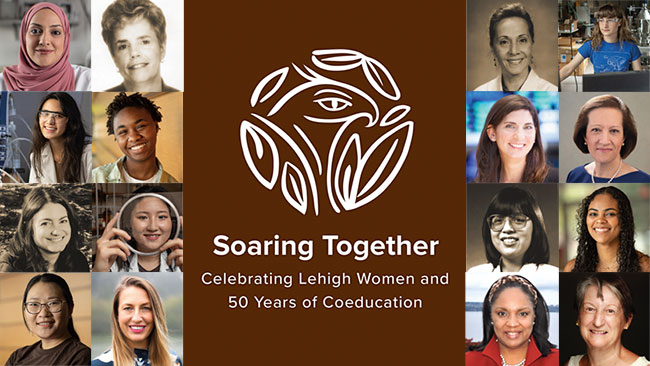
Halston Crites '09 is a software development engineer at Amazon, where she leads the design and implementation of both curriculum and software to help scale Amazon’s internal technical academy, Amazon Technical Academy (ATA). She is responsible for building learning pathways that enable Amazon employees with no technical background to transition into software development engineering roles within Amazon. Crites earned her bachelor's degree in mathematics from Lehigh's College of Arts and Sciences and went on to earn a master of science in engineering in computer and information science degree from the University of Pennsylvania. She also serves as a member of the Rossin College Dean's Advisory Council.
 As a woman studying computer science at Lehigh, what did you learn about how to thrive in environments in which men typically are the majority? What did that experience teach you about yourself and what it takes to succeed?
As a woman studying computer science at Lehigh, what did you learn about how to thrive in environments in which men typically are the majority? What did that experience teach you about yourself and what it takes to succeed?
Being the only woman in my computer science (CS) classes was a normal occurrence. However, I started taking CS classes a bit later in college, so I was often taking classes with students that were a couple years younger than me. That little bit of an age gap gave me some confidence in the classroom. Sure I was the only girl, but I was also the only one with some college experience under my belt. I used this to give myself permission to participate and ask questions in class, and seek help from my professors and my peers when I needed it. I learned that finding something that makes me unique in a group, aside from being the only woman, gives me confidence to engage. It helps me take my focus away from being the only woman and feeling like an imposter, and centers it on what unique perspective I can offer. At work, this might be that I’m the only person that has experience working with a specific technology, or I’ve been on the team the longest and so I know the ins and outs of our software.
What do you want engineering students to know that you wish you’d known when you were at Lehigh?
Being a software engineer is far more collaborative than I had ever thought. I thought I needed to figure everything out on my own when I started my first job. Of course, there are times that I need to write code on my own, but so much of my time at work is spent in conversations with my team. We brainstorm and discuss how to build software, using our collective experiences and unique perspectives to come up with a great design. And even once I’ve written my code, I review it with my teammates to get feedback so we can improve it. This means that being a new software engineer comes with a ton of support from more experienced engineers. You don’t need to know everything when you join a company. This is why companies have entry-level roles that are made for you to grow in. We expect you to take some time to ramp up, learn, and develop experience.
If you have questions about an industry, a company, or a company’s interview process, just reach out to people in that industry or at that company! LinkedIn is a really wonderful tool for this. Start with alumni, but don’t let that limit you. Cold calling can be uncomfortable, but people are typically willing to talk to a student about themselves and their company, and most of them are willing to offer help and advice. Here are a few tips for reaching out.
- Be specific about what your ask is—maybe it’s to have a 30-minute phone call to learn more about the type of projects they work on.
- Make it as easy as possible for them to follow through—provide a few time slots that you will be open over the coming weeks and your contact details so they can confirm a meeting with you in one reply.
- Make sure to come prepared with questions and use their time respectfully—it’s up to you to drive this conversation, so make sure you are ready to do this
More about Halston Crites
Prior to working for Amazon’s technical academy, Crites worked in Amazon’s advertising organization. As a software developer, she built self-service tools that enable all vendors and sellers on Amazon to run customized advertising campaigns. Crites has volunteered with TEALS (Technology Education and Literacy in School), run by Microsoft Philanthropies Program, since 2016, helping schools build and grow sustainable computer science programs.


